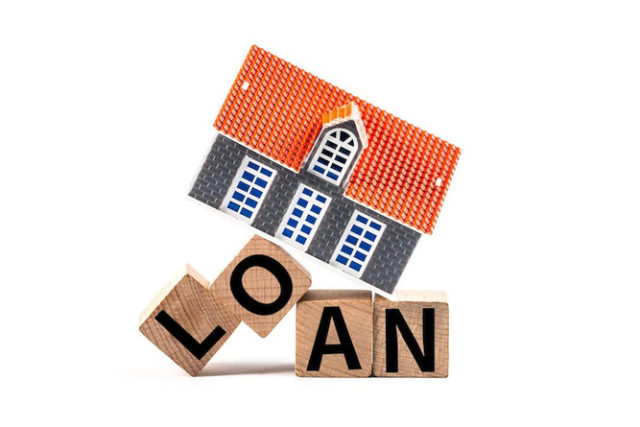You can fulfil your desire to acquire a home with the aid of a mortgage without jeopardising your investments and savings on other crucial financial objectives like retirement or the higher education of your kids. There are many advantages and features associated with the loan. However, you should be informed of every detail before applying for a mortgage. In order to help you make an informed decision, we are here to break down everything related to housing loans.
- Eligibility Criteria
Determine your overall eligibility, which will largely depend on your ability to repay the loan, before you begin the application process. Your ability to repay a loan is determined by your monthly disposable income, which is determined by factors like your total income per month less your monthly costs, as well as other considerations like your family’s income, assets, liabilities, and financial stability. Your ability to make timely loan payments must be confirmed by the bank. A bank typically believes that 50% of the monthly surplus or disposable income is accessible for repayment. The loan amount will also be based on the duration and interest rate.
- Required Documents
The home loan form includes a photograph and a list of supporting documents that must be submitted with it. The bank will require you to produce your residence proofs, identity, most recent pay stub, Form 16 or income tax return, and the previous six months’ worth of bank statements or balance sheets, as appropriate, in addition to every piece of legal paperwork relating to the house acquisition. In addition, certain lenders could demand your assignment of life insurance, mutual fund shares, pledged stock, deposit accounts, national savings certificates, or other investments as collateral security.
- Maximum Amount
The majority of lenders demand that you put down 10–20% of the house’s purchasing price. Some lenders also refer to it as “one’s own contribution.” The lender finances the remaining amount, or between 80 and 90 percent of the property value. There is no requirement to borrow the higher eligible amount determined by the lender. One can borrow much less money.
Benefits and features of home loans
- Home loans often have lower interest rates than other types of borrowing because they are secured loans.
- Offering enticing house loan programmes are all financial institutions and NBFCs. After ensuring that they are eligible and that the loan will fulfill their needs, a person can apply for a home loan.
- Housing loans are flexible financing options that can be used for a variety of projects, including the purchase of a new residential apartment or building, the building of a new home on a plot of land, home renovations, or the extension of your current home.
- The repayment period for housing loans might go up to 30 years due to the high loan amount involved. This enables the borrower to select a manageable EMI and guarantee that his monthly spending won’t be put at risk.
- Home loans have lax eligibility requirements and little paperwork. This helps NBFCs and financial institutions to execute the loan amount more quickly.
- You can transfer the existing home loan to a different bank that is offering better loan conditions or lower interest rates with the use of a home mortgage balance transfer facility.
- You can borrow more money through a top-up loan option, above and above your current house loan, and utilise it for any professional or personal needs.
Conclusion
Buying a house or building your home is one of the most significant decisions in our life. One of the finest ways to assist individuals to buy their own house is a home loan, but before choosing the one that’s ideal for you, it’s important to understand all the fine print.










































